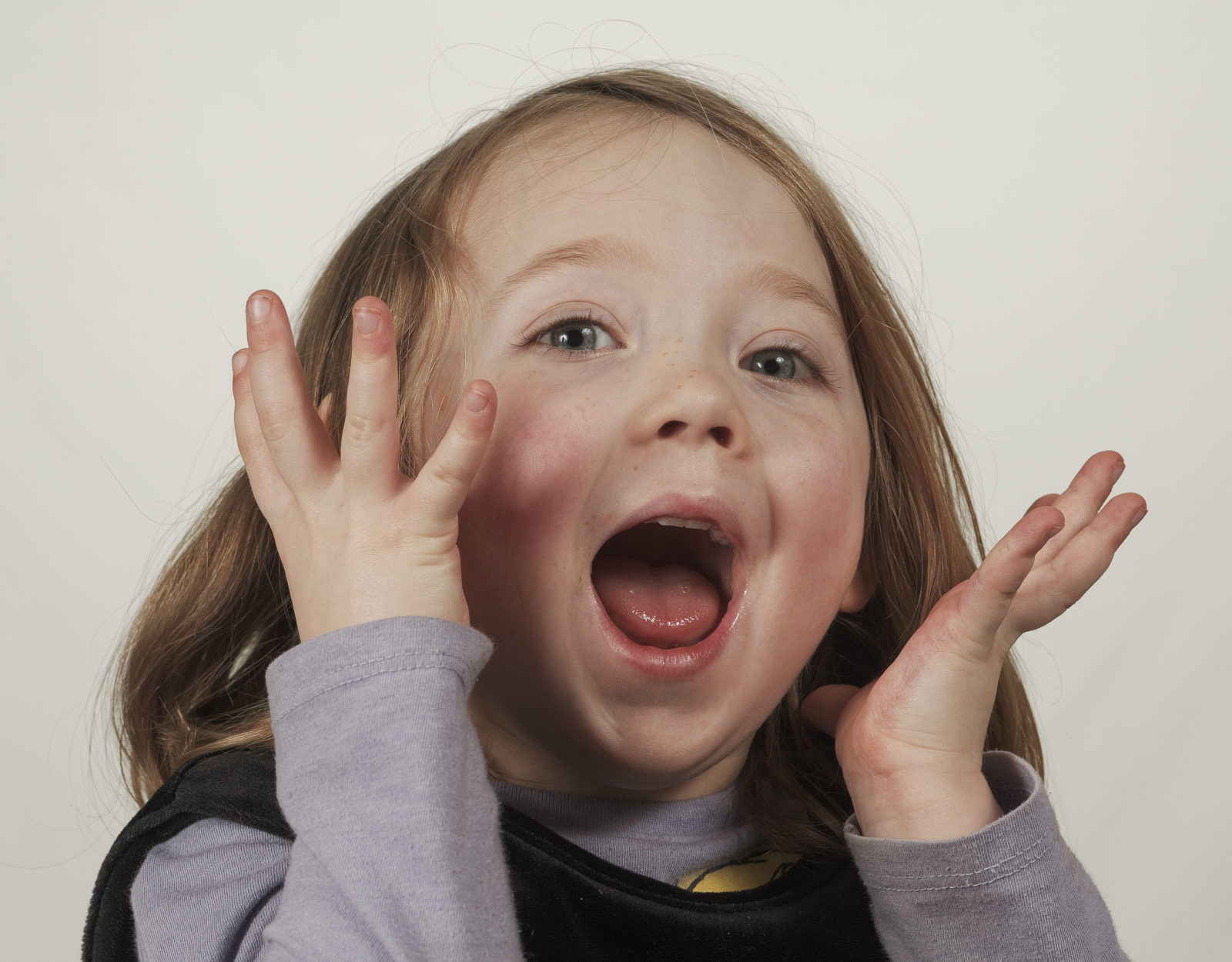Did you know our body’s nervous system has different ways of activating to protect us from a perceived challenge or threat? We can go into a fight/flight/freeze state or a collapse state. What does this have to do with your child and regulation of emotions?
I have been involved in a lot of car accidents, so driving or even being a passenger during times of heavy traffic is an anxiety trigger for me.
My breathing becomes rapid as does my heart rate. I become hyper-alert and hyper-vigilant of the other cars around me.
My body is perceiving a challenge. My nervous system is activated. I am in a hyper-aroused fight/flight/freeze response.
Some additional symptoms that are associated with this response are:
- defensiveness
- a pounding sensation in the head
- excessive motor activity
- feelings of overwhelm or disorganization
- being highly irritable
- uncontrollable bouts of rage
- aggression
- disassociation
During this activated state our bodies externalize our response in preparation for a challenge.
For example, my niece, when it is time to take a break from electronic devices will yell, stomp her feet, and at times throw the device she so badly wants to keep using. When dysregulated, children are unable to think logically and about consequences.
The first step in working to regulate others is to regulate ourselves. We need to remain calm and level-headed in an effort to support our children.
There are many different ways to regulate ourselves. The most common one discussed is deep breathing, in through the nose and out through the mouth with inhalation and exhalation at the same lengths.
Other options include:
- describing what is happening in your body. For example, when I saw my niece throw the tablet, I told her I feel angry, my heart is racing and my fists are tight.
- Temperature changes also work to normalize our nervous system. Drink cold water through a straw, put a cold or warm washcloth on your face, or take a shower or bath.
- Listening to calming music
- Dimming
- swinging or rocking
With other perceived threats and challenges, the nervous system may go into a collapse state or hypo arousal.
This occurs a lot with teenagers, when they become depressed and isolate themselves from friends and family.
Symptoms of this response include:
- helplessness
- lack of expression
- feeling numb
- appear lifeless
- lethargic or tired
- emotionally constricted
Ways to regulate in this state include:
- Deep pressure on arms and legs or massages
- Movement in any way that feels good to your body: run, jump, spin, dance
- Fast tempo, rock music with a strong bass
- turning off lights
It is important to remember to practice these skills with children when they are in regulated states. When they can think logically and make conscious choices, a child is more likely to master a skill. By doing this, we increase a child’s window of tolerance so they can remain regulated for longer periods of time.
Children will need to learn to utilize these skills on their own as well as with others. Role play various scenarios where the regulation activities will be needed, such as school, home, or the playground. Drop me a comment below and let me know what new activity you are excited to teach your child.
Being aware of the state of activation in our children, hyper, hypo, or regulated, is important for parents to start to notice. Repeating these small regulation activities will equip kids and parents with what they need when big feelings arise.
If moments of dysregulation are occurring more frequently or with lasting longer periods of time, consider contacting us for support.

